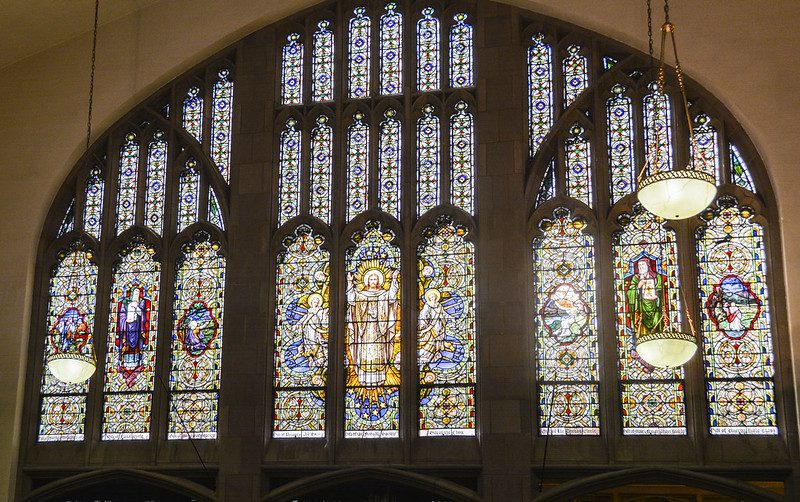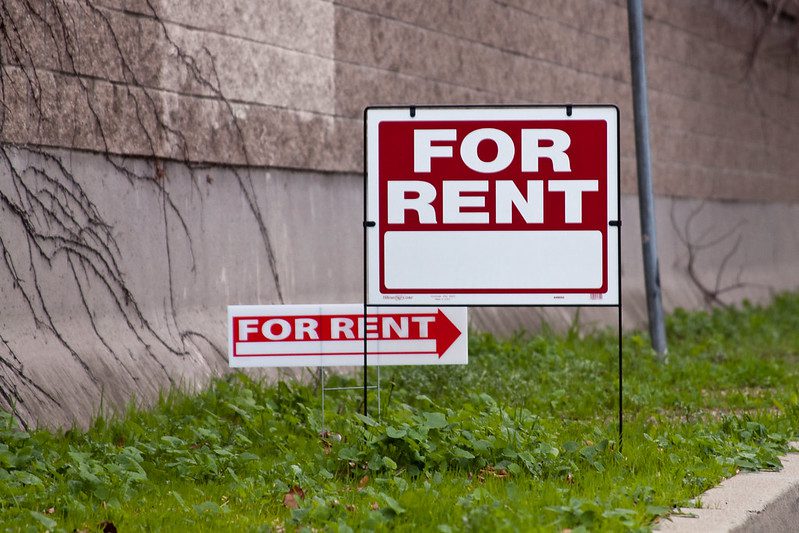
This generally grinds a conversation to a halt because faltering schools are often seen as outside a community development groups’ skill set to address at best, and entrenched messes that are just too complicated for anyone to fix at worst. Schools are usually run by a separate set of elected officials from the ones CDCs work with on their other development projects. They are something of their own worlds, and are already beset by a thicket of conflicting expert opinions on what should be done about them. And schools were for a long time too daunting for many community development groups to put on their agenda.
There were always exceptions of course—Shelterforce has written about the overlap over the years, and even held a convening on community-school partnerships. Developer Richard Baron, in his recent interview with us (in our current issue. Subscribe here or check back soon for the link), discussed how McCormack Baron Salazar always looks for a way to integrate a school into its redevelopment; Baron says he threatened to walk away from the New Orleans C.J. Peete public housing redevelopment if it didn't have a school associated with it.
Recently, however, there has been a surge of interest in the importance of education in children’s lives, a surge of funding from the likes of the Bill and Melinda Gates Foundation, and a wave of measures roughly known as “school reform,” including charter schools, new standards, and amped up standardized testing used to assess teachers and close “underperforming schools.”
To put it mildly, these measures, especially charters, are roughly as polarizing of people who tend to otherwise be political allies as Israel and Palestine.
They have also provided some routes for community development organizations to get into the world of education.
Charter schools receive operating funds from school districts, but not capital funds for facilities, and many of them have been turning to community development financial institutions for facilities loans. Some community-based groups, especially those that already had service components like afterschool programs, have stepped up to start charter schools themselves, or partner with some of the charter chains.
I can see many good reasons to do this—who working in a given neighborhood doesn’t want a shiny new school building in walking distance and/or a school more under your control? Who wants to tell their constituency that they need to wait for some slow school improvement process to have a more promising place to send their children?
However, the larger context makes the question far more complicated. It’s far too complicated for me to summarize completely here, but I think it’s important if the field is venturing into the world of school reform that we grapple thoroughly with the whole context in which it’s taking place. Consider the arguments that:
“Education reform” has allowed the narrative that American schools are failing to become common sense, when the numbers reveal that when you control for poverty level our schools are doing just fine—what we have, is a “poverty problem” not a “schools problem.” This becomes a problem when the solutions are to “punish” or close failing schools rather than helping them serve the students they have (which is in fact possible to do). Maybe in fact it's not that community development needs school reform, but that education reform needs the work of community development—and other groups that fight poverty to mitigate its worse consequences.
Meanwhile, more and more data is showing that while some charter schools are great, many if not most are not serving their students any better than what they replaced, while far from being the cure for educational disparities, school choice in general tends to primarily benefit the most affluent, because it takes considerable resources and time to navigate. Meanwhile, neighborhood schools are shut down as they lose enrollment, or struggle more as their percentages of special needs students soar and their budgets decline.
Privatizing our public schools is seen as the big new Wall Street investment opportunity, even while reports of fraud, lack of accountability, and sham nonprofits run rampant. (Seriously, do we, of all fields want to throw in with the latest Wall Street scheme to make money off of poor kids?)
This is not to say every individual charter school is bad—that’s certainly not the case in the slightest. It is also not to say that there weren’t large groups of students being failed by their school systems, which were not set up and staffed with enough resources and were too often rife with punitive policies, culturally insensitive curricula, and self-fulfilling low expectations. It's important to keep our eyes on the end goals; Andre Perry has argued that the turf lines between charter supporters and critics are so strong as to become part of the problem.
So lines in the sand are not helpful. But neither is acting without being aware of the larger forces, like Wall Street, at work, or how the experiments in education reform are actually playing out in places where they are farther along. But if the end game of education reformers is a system like New Orleans has now, I personally think it would behoove everyone to take a good long look at that system before deciding they want to help their district get on that train.
This does not mean I think community development should go back to ignoring the question of schools. There are in fact many ways community developers can support a better education for the residents of the areas where they work.
Shelterforce is going to be running a collection of articles highlighting some of those examples and exploring some of these questions and tensions over the coming couple of months. We encourage you to share thoughtful comments and examples of community groups navigating these waters.
(Photo credit: US Dept. of Education via flickr, CC BY 2.0)





Comments